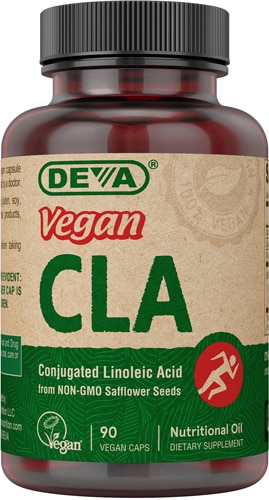A low-fat diet can save your waistline – and possibly your life as well.
Women who commit to low-fat diets significantly reduce their risk of being diagnosed with several types of life-threatening diseases, according to findings recently published in the Journal of Nutrition.
Low-fat diet benefits for women
Researchers at the Fred Hutchinson Cancer Research Center found that over a 20-year period, women who cut their fat intake and replaced it with fruits, vegetables and grains lowered their risk of:
- Death after a breast cancer diagnosis by 15% to 30%
- Insulin-dependent diabetes by 13% to 25%
- Coronary heart disease by 15% to 30%
And, of course, low-fat diets also help you stay trim. Fats from either animal or plant sources contain more than twice the number of calories that you’ll find in carbohydrates and proteins.
While 1 gram of fat is equal to 9 calories, 1 gram of carbohydrate or protein has just 4 calories, says Angela Lemond, a Plano, Texas-based registered dietitian nutritionist and founder of Lemond Nutrition.
"That means that removing fat from the diet has the potential to lower overall calories," she says.
Too much of a good thing?
A low-fat diet is good for everybody: Female and male, old and young.
Some fats are worse for your health than others. Saturated fat is particularly dangerous, and is a main factor in elevated blood cholesterol levels.
Saturated fats are mostly found in:
- Meat
- Milk and milk products
- Bakery products
Restricting saturated fat to less than 10% of calories can help you reduce cholesterol levels, according to the U.S. Department of Health and Human Services.
However, while reducing fat intake is good, eliminating fat from your diet can be harmful, Lemond says.
“Fat provides flavor, satisfaction, mouth feel and the assistance in absorbing fat-soluble vitamins,” Lemond says.
Fats also supply the body with energy and essential fatty acids. In fact, a diet in which less than 10% of calories come from fat can put you at risk for essential fatty acid deficiency, Lemond says.
That condition triggers symptomsv ranging from dry skin and hair loss to increased susceptibility to infection.
For the average adult, between 20% and 35% of calories should come from fat, the Cleveland Clinic says. If you take in 2,000 calories in a day, you should consume between 44 grams and 77 grams of fat.
Less than 10% of calories should come from saturated fat, and none of it should be trans-fat. More healthful fats such as monounsaturated fat or polyunsaturated fat should make up the majority of fat intake.
Transitioning to a low-fat diet
If fat is too large a component of your diet, now is the time to cut back.
Lemond suggests taking a close look at all the foods you typically eat. See where you can remove some of the fat without the loss of too much flavor.
“The reality is that we make food decisions based on flavor first,” she says. “So, the cuts need to be in a way that is not too drastic, to where you don't enjoy the food.”
She also reminds you not to trim too much fat from your diet.
“We see folks trying to muscle down steamed veggies with no flavor enhancers like olive oil or fresh grated parmesan cheese,” she says. “You don't have to do that.”
Instead, when it comes to cutting back on fat, a little goes a long way, Lemond says.
“Empower yourself to play around in the kitchen to get a flavor combination that works well, yet does not add too much added fat to the food,” Lemond says.




